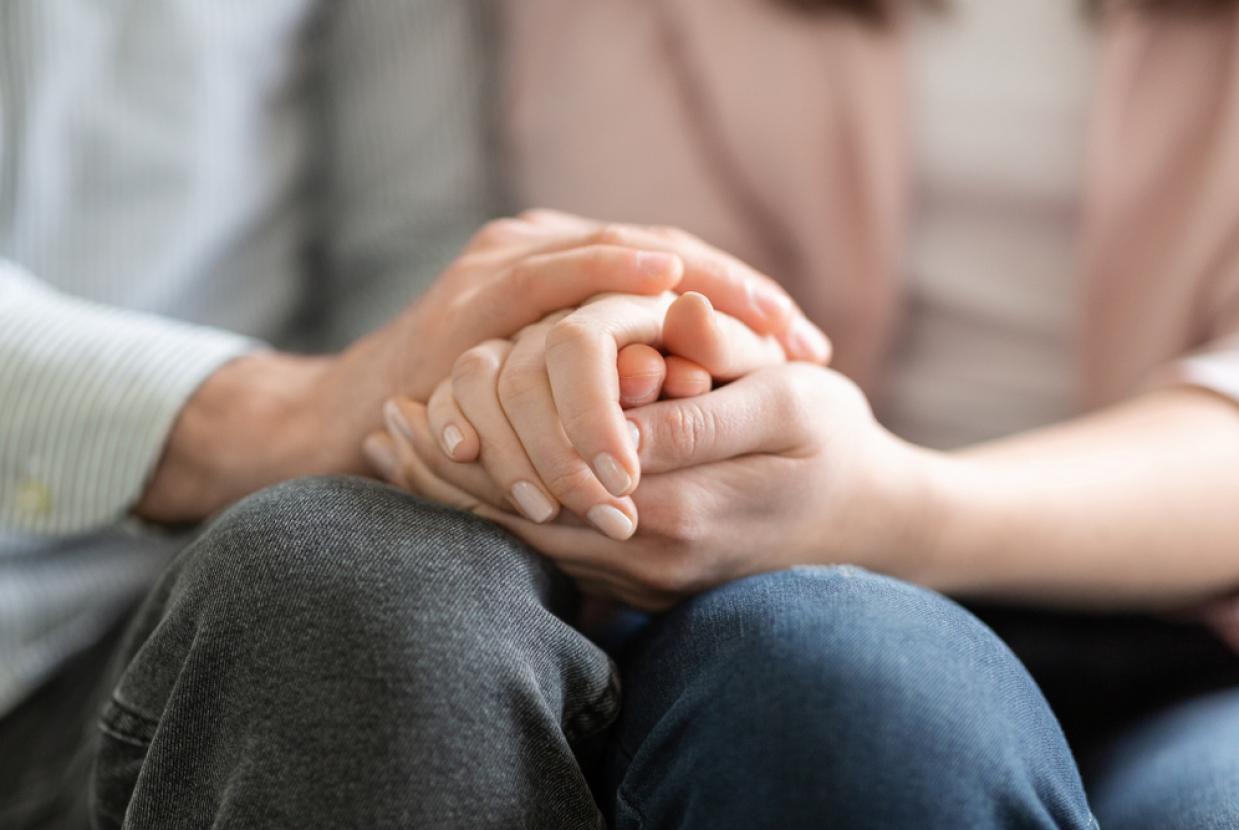HIV And AIDS
HIV (human immunodeficiency virus) is a virus that weakens your immune system and increases your risk of serious illness. There’s currently no cure, but with treatment most people with HIV can live a long and healthy life.
AIDS (acquired immune deficiency syndrome) is the name for a collection of serious illnesses caused by the HIV virus.
AIDS is now often called late-stage or advanced HIV. In the UK, most people being treated for HIV do not develop AIDS.
How to avoid getting and spreading HIV
There are things you can do to reduce the risk of HIV infection.
Do
take medicine called post-exposure prophylaxis (PEP) if you think you've been exposed to HIV in the last 72 hours – it's available from sexual health clinics and A&E
use condoms before and during any sexual contact between the penis, vagina, mouth or anus – condoms are the most effective protection against HIV and other sexually transmitted infections (STIs)
use water-based lubricants (such as K-Y jelly) instead of oil-based lubricants (such as Vaseline or massage and baby oil) with condoms – oil-based lubricants can cause condoms to break or tear
Don’t
do not share needles, syringes, spoons or swabs, drugs or liquids used to dilute drugs – a GP or drug counsellor should be able to advise you about needle exchange programmes
You can also get an HIV test from:
- your nearest A&E, if you’ve been exposed to the HIV virus in the last 72 hours
- clinics run by charities such as the Terrence Higgins Trust
- some family planning or contraception clinics, also known as sexual health clinics
- some young people’s services (call the national sexual health helpline on 0300 123 7123 for more information)
- antenatal clinics, if you’re pregnant
- local drug dependency services
- pharmacies that provide home testing kits, or you can order one – visit the free HIV testing website to check if you’re eligible for a free HIV test
- private clinics, where you’ll have to pay
Testing for HIV infection
HIV tests use saliva from your mouth or blood from your finger.
If you have an HIV test in a clinic, they’ll usually send the blood or saliva to a laboratory for testing and you’ll get the result within a few days.
If you order an HIV home testing kit, the result is often available within a few minutes. It’s important to use good quality home testing kits from a reliable source.
Make sure the test you buy:
- is clearly marked as being for self-testing
- has a CE mark and the manufacturer details are clearly displayed
- is not damaged and the seal is not broken
Pregnant women are offered an HIV blood test as part of routine antenatal screening for hepatitis B, HIV and syphilis.
HIV test results
If your result is ‘negative’, this means the test has found no signs of HIV infection.
You may be advised to take another test a few weeks later, especially if you may have been exposed to the HIV virus within the last few weeks.
If your result is ‘positive’, this means you could have HIV. You’ll need to have a blood test at a clinic.
If this second test is also positive, you’ll be referred to an HIV clinic for more tests and to discuss your treatment options.
Treatments for HIV infection
There is currently no cure for HIV, but there are treatments to help reduce the amount of HIV in your blood.
You'll be seen at a specialist HIV clinic, where healthcare professionals can discuss your treatment options with you.
Anti-HIV medicines
HIV can be treated with anti-HIV medicines called antiretrovirals. These are tablets that you’ll need to take every day.
The aim is to bring down the amount of HIV in your blood to a level where it can no longer be measured. This is known as an undetectable viral load.
If you're taking daily medicines, it usually takes around 6 months for the virus to be undetectable.





























